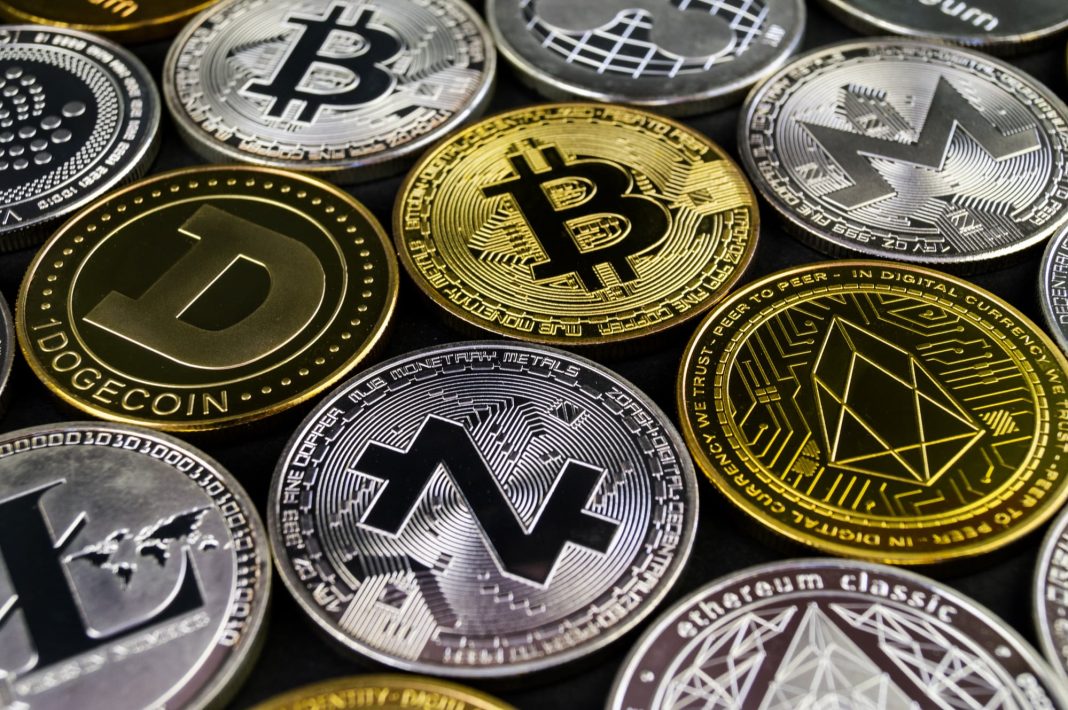Chinese regional banks, previously acting as intermediaries for payments from Russia, have begun to refuse Russian transactions.
This pushed both countries to explore alternatives such as cryptocurrency and barter systems to maintain their trade relations outside of the traditional, dollar-centric financial framework.
Something what can’t be stopped
The challenges in processing payments between Russia and China clearly escalated, particularly with the reliance on yuan-based transactions.
Reports told that 98% of Chinese regional banks are now rejecting these payments from Russia, which had been the main method for facilitating trade in the past months.
This sudden change, believed to be a result of concerns over potential sanctions, has left Russian companies searching for alternatives.
Ekaterina Kizevich, general director of Atvira, the company that manages Chinese imports shared that her firm received a notice from its bank on July 20, stating that payments would be suspended.
This forced Russian businesses to consider more complex and costly methods, such as routing payments through Russian bank branches located in China.
The only issue is this workaround increases transaction costs by up to 5%, and on the scale of international trade, that’s a lot of money.
Barter, the millenia-old solution
Barter trade has been proposed as a possible solution, though it presents its own set of challenges, particularly since not all goods and services are easily exchanged in this manner.
This is why money was invented in the first place, just saying. Despite these difficulties, barter remains on the table as an option for certain types of trade between the two nations.
Not surprisingly, now in the 21th century cryptocurrency also emerged as a viable alternative, offering an independent and neutral payment system.
Since June, there have been reports of Russian metal producers utilizing stablecoins to handle payments with Chinese suppliers.
This method, while still in its early stages, could see increased adoption, especially in light of a new law that regulates such payments.
The law’s introduction could open the way for broader use of cryptocurrency, providing a buffer against the increasing threat of political sanctions against Russia.
No more USD
The shift towards crypto and barter in the international trade reflects a more and more stronger trend of countries seeking to reduce their reliance on the US dollar.
As these alternative payment methods gain traction, experts think they could alter the dynamics of global trade, especially for nations facing similar challenges from the politicians of the USA.


